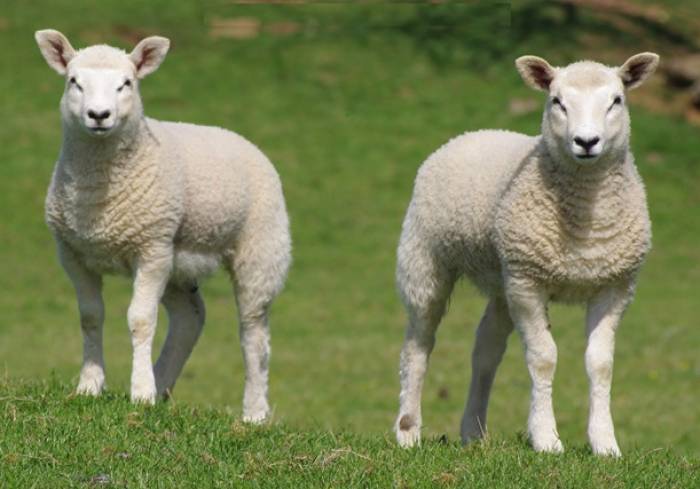17th August 2023
SCOPS welcomes the announcement that Moredun has accessed £6m to further research a vaccine against nematodes. Given SCOPS works to reduce the speed at which resistance develops to anthelmintic worm treatments, any options to widen the arsenel of tools to tackle worms is very welcome.
Below is the press release issued by Moredun on Wednesday 16th August.
Moredun to lead a £6m collaborative project to develop a novel parasite vaccine for sheep
Moredun Research Institute is leading an international, multi-institutional partnership with the University of Glasgow and the University of New England, Australia, to develop an effective vaccine for on-farm worm control. The project also includes colleagues at the James Hutton Institute.
Parasitism by gastrointestinal nematodes (parasitic worms which live in the gut) has a major impact on animal production worldwide. Nematode infections of sheep negatively affect health and welfare outcomes for infected animals. The cost of parasitism in the UK is estimated at approximately £4 per lamb through reduced weight gain and treatment costs and the total cost to the Australian sheep and goat industry is estimated at more than AU$450 million each year. This inefficiency in production also impacts greenhouse gas emissions from agriculture, affecting our ability to reach Net Zero targets unless we intervene.
Chemical treatments are the mainstay of parasite control programs for nematode infections, but resistance to these treatments severely undermines control options on-farm in many areas of the world. To allow a sustainable future for sheep farming, vaccines need to be developed. Although much progress is being achieved in this area, much of it funded by significant investment from the Scottish Government, UKRI and others, development of a commercial worm vaccine is a long-term project. However, by combining their expertise in parasitology, immunology, and vaccine formulation, along with recent technological advances, the work of the partnership will significantly increase the chances of success.
Dr Alasdair Nisbet, project lead from Moredun Research Institute, said: “We are delighted to be able to lead this international team to develop our nematode vaccine technology further and push towards a commercial product to help control this major issue in the sheep industry in the UK and beyond.”
This project is co-funded by each of the partners with matched funding from the Australian Federal Government through the Meat & Livestock Australia Donor Company to a total value of just over £6M (AU$ 11M) over 5 years. More than half of the budget will come to the Scottish partners, with the intention to develop a commercially exploitable vaccine against the main gastrointestinal nematodes of sheep globally.
